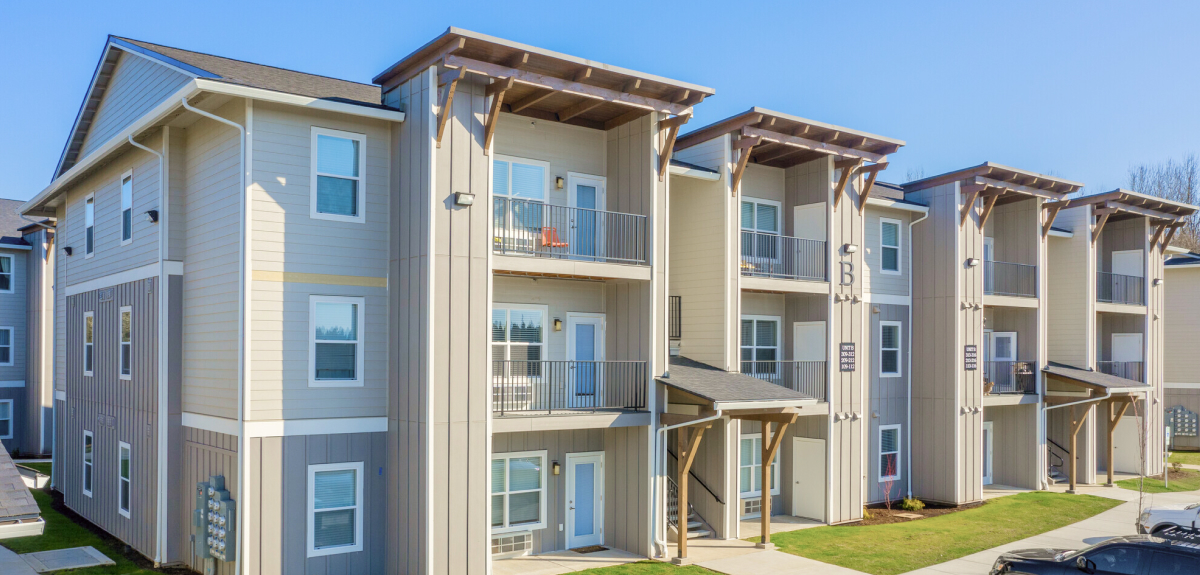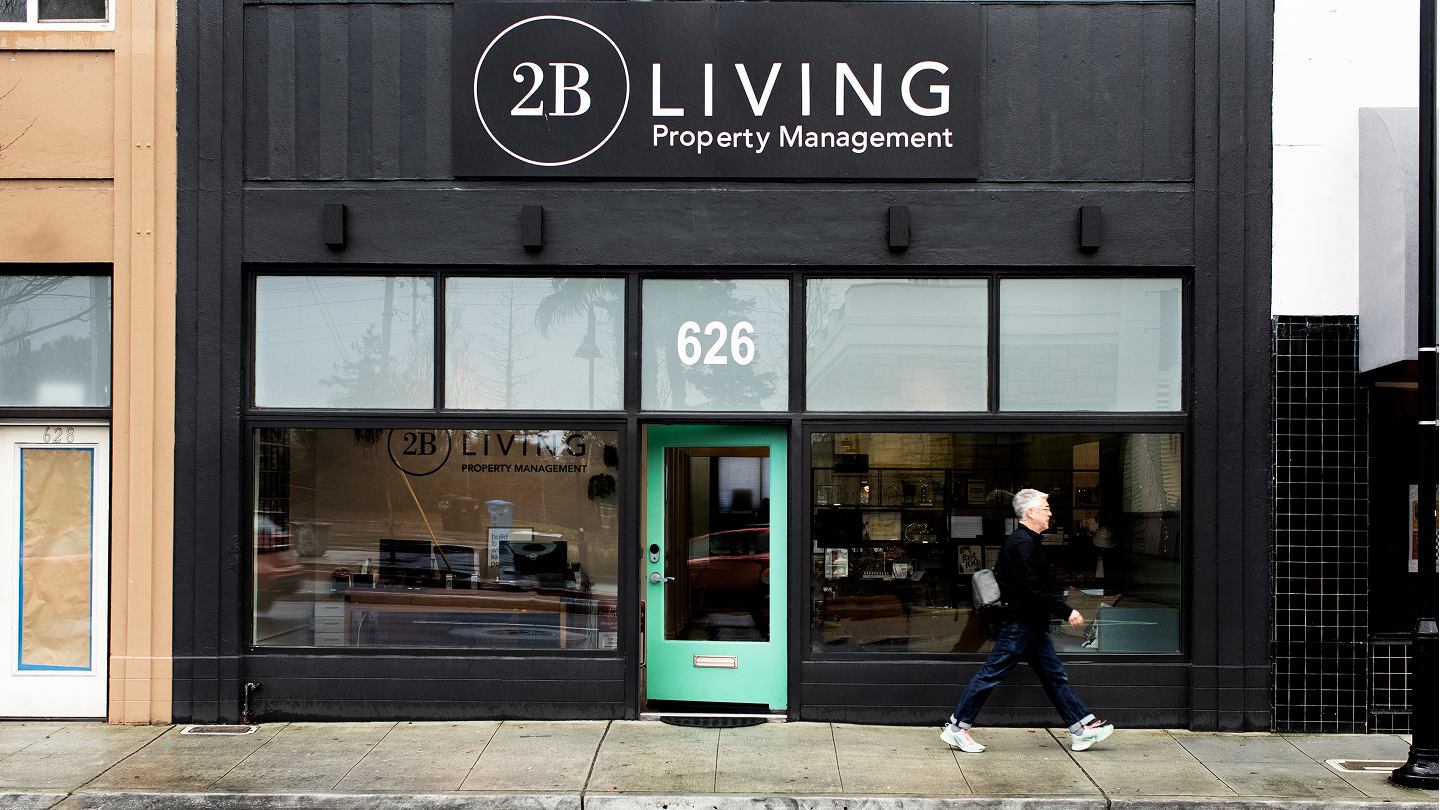Published on January 18th, 2022
By Stacy Holden
The one commonality between the various real estate markets across our nation is that everywhere, things have changed significantly in the past two years. And while much has been written about the state of both local and national residential markets, there is a gap when it comes to data that helps property owners and managers better understand the changed motivations, expectations, and perceptions that U.S. renters have of their property management companies or landlords. As a result, AppFolio conducted a national survey to provide property managers and landlords with a clearer understanding of how their renters perceive them.
Here’s the good news: nearly three-quarters of US renters surveyed said that they are satisfied with their property manager. However, a follow up question revealed that there’s a real opportunity to improve that level of satisfaction.
Satisfaction Level vs. Net Promoter Score
We asked renters to measure their satisfaction in two ways. First, we asked them about their overall satisfaction. That is a straightforward metric. Then we calculated satisfaction based on Net Promoter Score, which is a bit more complicated, but can show more specific areas of opportunity.
A Net Promoter Score is a metric that rates the likelihood that respondents would recommend a company, product, or a service to a friend or colleague. It is typically interpreted and used as an indicator of customer loyalty, and can be used by businesses looking to differentiate and grow their business. The popularity of NPS stems from the idea that you can’t improve what you can’t measure. Therefore, being able to measure likelihood of recommendation to one’s peers, along with why and why not, can provide actionable insights that improve your company’s bottom line.
NPS scores are reported with a number from the range -100 to +100. Naturally, a higher score is more desirable.
Across the country and among the various metro areas that we surveyed, when asked “How likely is it that you would recommend your property management company or landlord to a friend or colleague?” the greater United States’ received an NPS of -12. The Dallas-Fort Worth metro took the top spot with an NPS of 31, while the Los Angeles metro bottomed the list with an NPS of -36.4. But despite a low NPS score, 72% of surveyed U.S. renters responded as being satisfied with their property managers or landlord. While these may at first seem eyebrow raising, these two metrics are in fact not mutually exclusive, and there’s a story both scores tell when viewed together: While many renters are finding that the bare minimum of their expectations are being met (and thus are satisfied with their property managers or landlord), the vast majority are not impressed enough with the level of service they receive to recommend their current property management company or landlord.
How can Property Management Improve?
To better understand why renters gave the scores they did, we asked them to share feedback in their own words. Interestingly, some of the greatest areas of disappointment among L.A. renters, the metro that received the lowest Net Promoter Score, were also the areas of outperformance within the metro that received the highest NPS, Dallas-Fort Worth. These areas are:
- Flexibility / rent payment / costs
- Communication
- Unit Improvements / Maintenance
- Disposition / Kindness
In our national survey, we also asked “Compared to before the pandemic, how important are each of the following factors to you now: Responsiveness, Flexibility, Technology?” around 30% of respondents said each category is now more important than it was pre-pandemic.
The connection between employee satisfaction and resident satisfaction
We found in a previous AppFolio survey that staffing and retention is the top challenge facing the property management industry. The question is, are the industry’s staffing challenges caused by unhappy renters, or are renters unhappy because the industry overall is experiencing a shortage of labor? Whatever the case may be, it’s clear that there is a negative feedback loop. Unhappy renters lead to burned out employees who churn faster. Employee churn can make it even harder to keep residents happy.
How technology can help in these areas
Property management technology can help teams meet — and exceed — the expectations of their renters. Here’s how businesses just like yours have used technology to up their communication, maintenance, and flexibility game, boosting employee satisfaction:
Communication
We asked renters, “How has your property management company or landlord disappointed you in this last year?” For them, communication issues were a top concern. One way that property managers can take action to improve in these areas is to consolidate all communications onto a central hub. From there, residents can communicate with property management teams using any medium they choose (voice, text, email, or tenant portal).
Kevin Knight, President of San Antonio-based Liberty Management explained that “AppFolio [Property Manager]’s text messaging and emailing features have helped us communicate with customers more efficiently. If we need to reach a customer, texting is the easiest and fastest way to communicate. You never know when they will look at their email. Everyone on our team communicates with tenants and owners via AppFolio so if we ever need to look up anything, we have the whole chain of events on record. The time savings and the knowledge this provides us is so helpful.”
Maintenance
The majority of respondents who listed maintenance as an area of dissatisfaction cited extremely slow response times. Property management software that leverages artificial intelligence can respond to residents instantly at any hour and automatically dispatch work orders to the right technician or vendor.
Mike Carrier, Founder and President of SOMAK Property Management, told us that employee satisfaction and morale are way up, thanks to digital site inspection reports have that have “streamlined the inspection and reporting process to the point where our maintenance manager is saving 3-8 hours in reporting and documentation time, rather than spending time on taking notes and transcribing them to another format like Word.”
Flexibility
If you’re willing to accommodate flexible leases, incorporating online payment technology with flexible payment plan options is a straightforward way to keep track of these non-traditional leases.
Incorporating online payments has also done wonders for Mike Carrier’s team: “I’d estimate 15-20 hours weekly are saved through online payments. Additionally, the checks we do still receive are more easily applied to the proper accounts because we can search name, address, and unit number depending on what information is available on the check. This has been a great time saver.”
While improving the above aspects of your business can improve your residents’ satisfaction, it can also go a long way towards improving employee satisfaction.
The data points — and solutions — mentioned above are just a taste of what our National Renter Motivations report offers. For more, including why renters moved to their current home, what they will be looking for in their next home, and how providing renters with what they want can also help overcome the staffing challenges that the property management industry currently faces, download the full report. Forward thinking property managers and owners can use the actionable insights provided in this report to differentiate their communities and win new business.









Comments by Stacy Holden